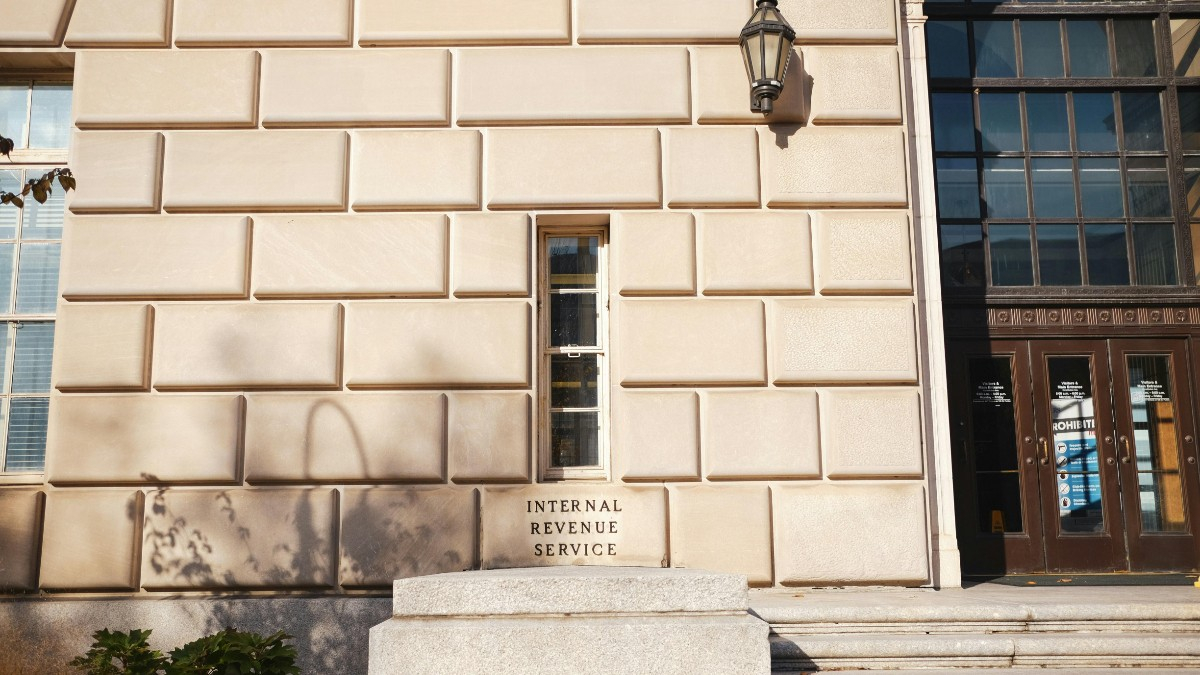The Internal Revenue Service reminded taxpayers affected by recent disasters of extended deadlines as the 2025 tax season rapidly approaches. The article goes over the important details on these extensions, including which states are affected, specific deadlines, and what taxpayers need to know to stay compliant.
Overview of disaster relief
The IRS extends tax relief to the individuals and businesses that have been affected by disasters declared by the federal government. This involves but is not limited to delaying some of the deadlines for filing and paying taxes without being subjected to any penalties and fines. In the year 2025, the IRS has announced tax extension relief to 24 states which have experienced such disasters including hurricanes, wildfires and other severe storms.
Affected states
The following states are included in this tax relief:
- Texas
- Florida
- Louisiana
- California
- New York
- Washington
- West Virginia
- Arkansas
- Oklahoma
- Alabama
- Kentucky
- Mississippi
- Tennessee
- South Carolina
- North Carolina
- Virginia
- Maryland
- Pennsylvania
- New Jersey
- Delaware
- Georgia
All these states have been hit by various forms of natural disasters, for which federal assistance was demanded, such as hurricanes, including Hurricane Beryl and Hurricane Helene, besides dangerous storms and floods.
Key dates for tax filing
- February 3, 2025: Most disaster areas have until February 3, 2025, to file their federal individual and business tax returns and make any tax payments that were originally due within the postponement period, including:
- Individual income tax return filings (Form 1040)
- Business returns corporations (Form 1120)
- Quarterly estimated tax payments due January 15, 2025
May 1, 2025 extension
In some of the areas hard hit by the disasters, such as Hurricane Helene, it has been extended to May 1, 2025. It includes individual and business extensions for certain tax obligations due originally between October 5, 2024, and May 1, 2025.
Taxpayers in the states of Alabama, Florida, Georgia, North Carolina, and South Carolina will have until May 1, 2025, to file their 2023 returns. It also affects parts of Alaska, New Mexico, Tennessee, Virginia, and West Virginia.
What taxpayers should do
Taxpayers in the disaster-affected states should take a few steps to avail themselves of these extended deadlines.
- Check your status: Find out if you live in or have a business in one of the declared disaster areas. The list of eligible counties can be located on the IRS website.
- Gather your records: You’ll need to get together all of your records of income and expenses for the involved tax year. This includes W-2s, 1099s, receipts, and any other related documents.
- File returns promptly: Although deadlines have been extended, it is still best to file your returns as early as possible so as not to encounter any last-minute problems.
- Call the IRS: If you have any questions or seek help about your particular case or if your records are in a disaster area but you live elsewhere, call the IRS disaster hotline for assistance.
Other points to note
Taxpayers also should know that these extensions offer relief from deadlines, not exemptions from paying taxes due. Taxes owed must be paid by the extended deadline to avoid interest and penalties.
Taxpayers who received extensions in prior years may also discover that their situation has changed because of continuing disaster recoveries. All should keep an eye out for any emerging news or new relief the IRS may announce.
Read more: Should funding for the IRS be deleted? Elon Musk asks the question
Read more: Trump threatens to impose sweeping new tariffs on Mexico, Canada and China – These are the items that will suffer the most when he…
